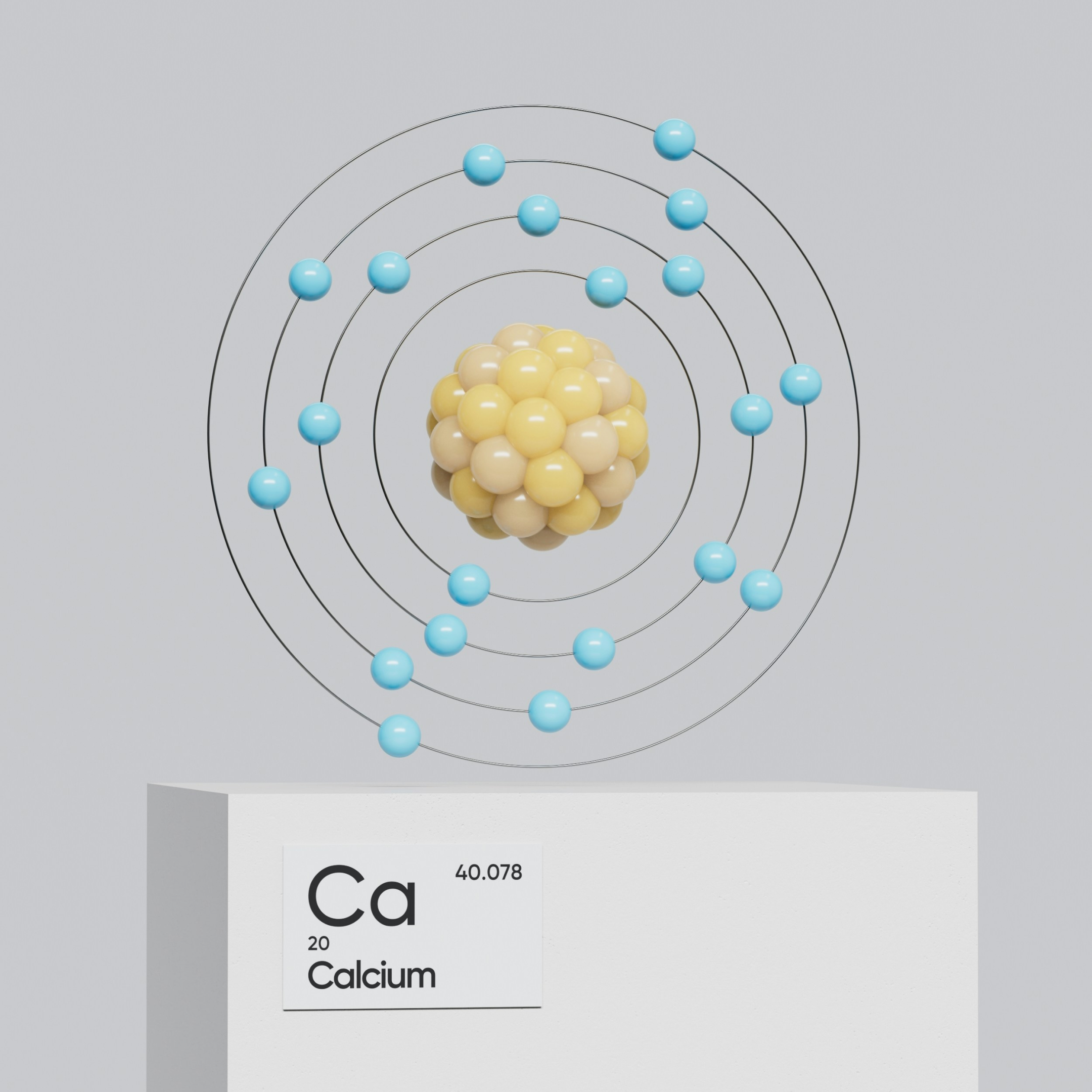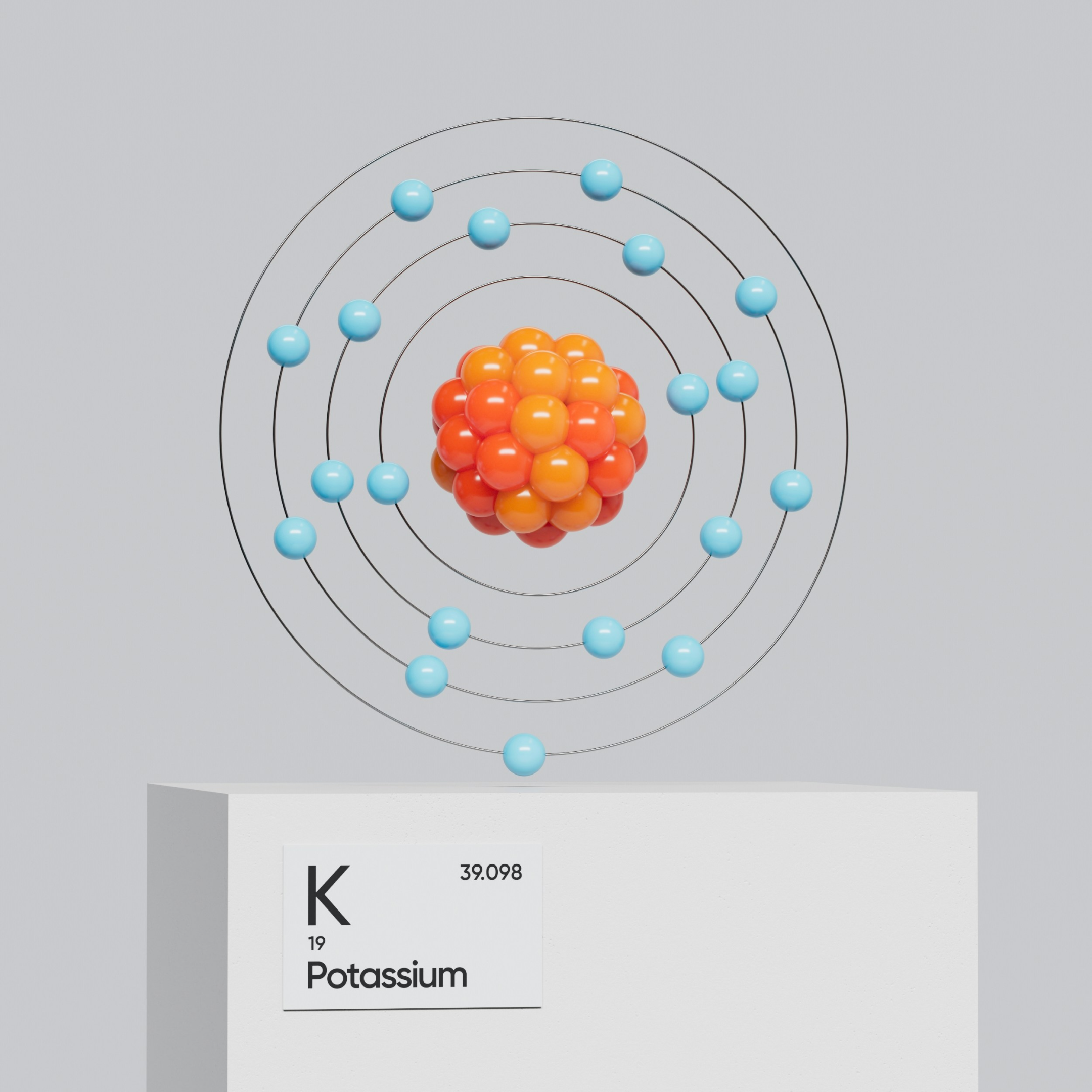Magnesium might not always be the first thing that comes to mind when thinking about energy and recovery, but it’s one of the most crucial minerals for keeping your body functioning at its best. Whether you're an athlete or simply someone aiming to stay active, magnesium plays a vital role in supporting ATP production, muscle relaxation, and neuromuscular coordination. This mineral is particularly important for recovery and can help prevent muscle fatigue during long workouts, ensuring that you maintain peak performance.
In this article, we’ll explore how magnesium boosts your energy levels, supports muscle function, and promotes faster recovery.
Magnesium and Energy Production
One of magnesium’s most vital roles in the body is supporting the production of ATP (adenosine triphosphate)—the molecule that provides energy to cells. ATP is essential for every muscle contraction and nerve signal in the body, making magnesium indispensable for energy metabolism. Without sufficient magnesium, ATP cannot be activated to perform its function, leading to reduced energy levels and physical fatigue.
A study by Barbagallo and Dominguez (2010) showed that magnesium deficiency impairs ATP synthesis, resulting in reduced muscle performance and energy production. For athletes and active individuals, maintaining adequate magnesium levels ensures that muscles and nerves receive sufficient energy to perform efficiently during long or strenuous activities.
Muscle Relaxation and Neuromuscular Coordination
Magnesium is also critical for muscle relaxation and proper neuromuscular coordination. During physical activity, calcium stimulates muscle contraction by flooding muscle cells. Magnesium counterbalances this by facilitating muscle relaxation, preventing prolonged contraction, cramps, or muscle stiffness. This balance ensures that your muscles remain flexible and resilient during activity.
Magnesium also plays an important role in regulating neuromuscular coordination by supporting the communication between nerves and muscles. It ensures that signals from the brain are transmitted smoothly to muscle cells, allowing for controlled and coordinated movements. This function is especially essential for athletes engaged in activities requiring precision, balance, and endurance, such as running, cycling, or weightlifting (Volpe, 2013).
Preventing Muscle Fatigue and Cramps
Muscle cramps and fatigue are common issues during extended physical activity, and magnesium deficiency is a well-established cause of both. Magnesium is lost through sweat, particularly during intense or prolonged exercise, making it critical to replenish these levels to prevent muscle dysfunction.
A review in the Journal of the American College of Nutrition found that magnesium supplementation reduces the occurrence of muscle cramps, particularly in those engaging in high-intensity or long-duration exercise (Rosanoff, Weaver & Rude, 2012). Athletes who maintained optimal magnesium levels experienced fewer cramps, improved endurance, and sustained performance during extended workouts. Replenishing magnesium can be key to pushing through long activities without energy drops or muscle issues.
Magnesium’s Role in Recovery
Recovery is a crucial aspect of any fitness routine, and magnesium plays a major role in this process. After a workout, muscles require relaxation, repair, and recovery to become stronger and prevent soreness. Magnesium aids in muscle recovery by reducing inflammation and promoting the clearance of lactic acid, which accumulates during exercise and contributes to post-exercise soreness.
A study published in the European Journal of Applied Physiology found that magnesium supplementation significantly reduced muscle soreness and inflammation after strenuous exercise (Zhang et al., 2016). Additionally, magnesium supports protein synthesis, an essential process for muscle repair and growth. Faster recovery and reduced muscle stiffness mean that athletes and active individuals can return to their training regimen sooner and at higher levels of performance.
Boost Your Performance with Magnesium
For those who engage in regular exercise or lead an active lifestyle, getting enough magnesium is essential for maintaining energy levels, avoiding muscle fatigue, and promoting recovery. Here are some practical ways to ensure your magnesium intake is sufficient:
- Diet: Foods rich in magnesium include leafy greens, nuts, seeds, and whole grains. Incorporating these foods into your meals can help you maintain balanced magnesium levels and support your physical performance.
- Supplementation: For a more consistent magnesium intake, consider using Rocque’s Daily Electrolyte Blend, which includes magnesium as part of its balanced formula. This blend replenishes essential electrolytes lost during and after workouts, helping to maintain optimal muscle function and energy levels.
- Pre- and Post-Workout: Incorporating magnesium into your routine before exercise can help prevent cramps and enhance neuromuscular coordination. Taking magnesium post-workout aids muscle relaxation and speeds up recovery, reducing muscle soreness.
Conclusion: Magnesium for Energy and Muscle Health
Magnesium is a vital mineral that supports energy production, muscle function, and efficient recovery after exercise. By aiding in ATP production, promoting muscle relaxation, and supporting neuromuscular coordination, magnesium helps you stay energized and prevents fatigue during long workouts. Its role in muscle recovery ensures that you can return to your training sessions stronger and quicker.
Whether through magnesium-rich foods or Rocque’s Daily Electrolyte Blend, ensuring adequate magnesium intake can significantly improve athletic performance and overall well-being, allowing you to achieve your fitness goals with sustained energy and strength.
References
- Barbagallo, M. and Dominguez, L.J. (2010) ‘Magnesium and aging’, Current Pharmaceutical Design, 16(7), pp. 832-839.
- Rosanoff, A., Weaver, C.M. and Rude, R.K. (2012) ‘Suboptimal magnesium status in the United States: Are the health consequences underestimated?’, Journal of the American College of Nutrition, 31(5), pp. 353-361.
- Volpe, S.L. (2013) ‘Magnesium in disease prevention and overall health’, Advances in Nutrition, 4(3), pp. 378-383.
- Zhang, Y., Xun, P., Wang, R., Mao, L. and He, K. (2016) ‘Magnesium intake and cardiovascular disease mortality in patients on dialysis: A meta-analysis’, European Journal of Applied Physiology, 116(5), pp. 1323-1331.




